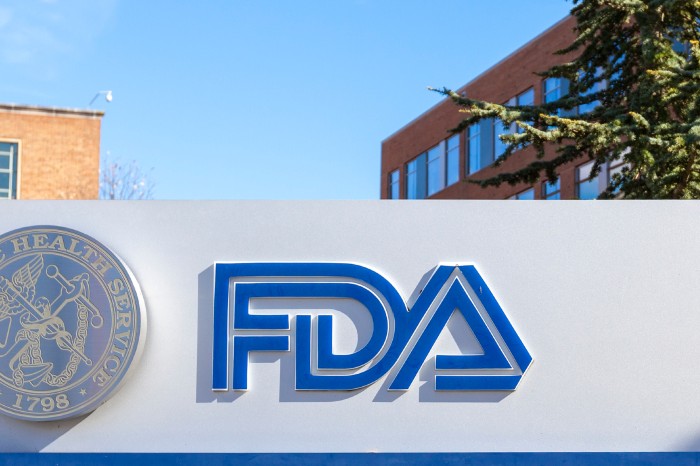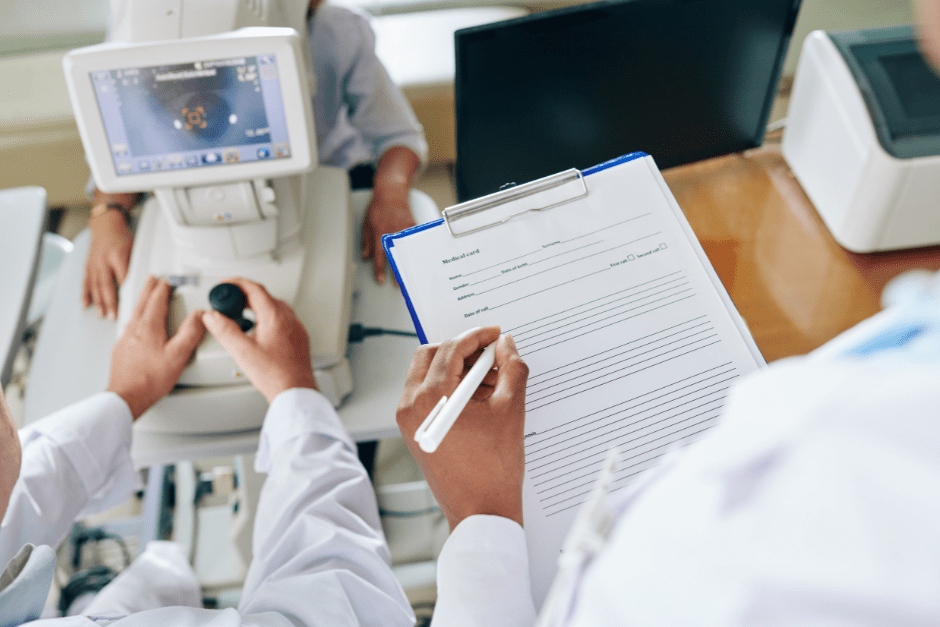The new article provides a brief overview of the new guidance document dedicated to the Q-Submission Program.

Table of Contents
The Food and Drug Administration (FDA or the Agency), the US regulating authority in the sphere of healthcare products, has published a guidance document dedicated to requests for feedback and meetings for medical device submissions under the Q-Submission Program. The document is intended to provide additional clarifications regarding the existing regulatory requirements, as well as recommendations to be considered by medical device manufacturers and other parties involved in order to ensure compliance thereto. At the same time, provisions of the guidance are non-binding in their legal nature, nor are intended to introduce new rules or impose new obligations. Furthermore, the authority explicitly states that an alternative approach could be applied, provided such an approach is in line with the underlying legislation and has been agreed with the authority in advance.
The present document constitutes a revised version of the guidance initially issued in May 2019 and supersedes the previous version issued in January 2021.
Regulatory Background
The guidance is intended to provide additional clarifications regarding the mechanisms medical device manufacturers may use to request feedback (in written, or oral – during the meeting – form) with respect to the products intended to be placed on the US market. According to the guidance, the approach described therein could be applied in the context of the applications to be submitted following frameworks:
- Investigation Device Exemption (IDE),
- Premarket Approval (PMA),
- Humanitarian Device Exemption (HDE),
- Evaluation of Automatic Class II Designations (De Novo requests),
- Premarket Notification (510(k)),
- Clinical Laboratory Improvement Amendments (CLIA) Waiver,
- Dual 510(k) and CLIA Waiver by Application.
Furthermore, the authority also mentions that the approach described in the document could be applied with respect to certain Investigational New Drug applications (INDs) and Biologics License Applications (BLAs).
The authority also mentions that references to “meetings” for the purpose of the guidance apply to both face-to-face and virtual meetings. When the difference matters, additional clarification is provided.
As explained by the authority, the pre-IDE program was initially introduced in 1995, allowing the parties responsible for medical devices to request and obtain feedback before making the actual submission. The said approach is intended to reduce the regulatory burden, as well as to improve the effectiveness of the regulatory procedures associated with placing new medical devices on the market by streamlining and facilitating the notification/approval process these devices are subject to. Since then, the goals of the program were revised. It is also important to mention that the authority is also committed to issuing draft guidance updated to include additional information to assist applicants and review staff in identifying the circumstances in which an applicant’s question is most appropriate for informal communication instead of a Pre-Submission. The current version of the guidance is intended to introduce minor changes and improvements in terms of additional clarifications and recommendations provided.
The scope of the guidance covers various types of requests a party responsible for a medical device may submit before filing the actual notification/application for marketing approval.
Pre-Submissions (Pre-Subs)
According to the guidance, a Pre-Sub includes a formal written request from a submitter for feedback from the FDA that is provided in the form of a formal written response or, if the submitter chooses, formal written feedback followed by a meeting. The authority also mentions that all the discussions taking place in the course of such a meeting should be duly documented. This procedure allows the applicant to obtain feedback from the authority before making a submission under the respective framework. In order to ensure the effectiveness of the procedure, the request submitted by the applicant should contain specific questions related to the relevant topics associated with the main submission. The examples provided by the FDA include such topics as bench testing or cybersecurity. As further explained by the authority, a Pre-Sub is appropriate when FDA’s feedback on specific questions would help guide product development and/or submission preparation but is not intended to be a pre-review of an intended submission or a pre-review of data to be provided in a submission.
It is important to mention that the program described in the present guidance is entirely voluntary for its participants. At the same time, participation in it would be beneficial for medical device manufacturers intending to place their products on the US market as they will be able to obtain preliminary feedback. In such a way, the authority expects to shorten the overall submission review timeframes by improving the quality of submissions received by the FDA, as well as to facilitate the development process for new devices. The feedback the authority will provide will also improve the overall transparency of the review process, contributing to its effectiveness. From the authority’s point of view, such preliminary feedback is the most useful when obtained before the commencement of planned testing. The authority also mentions that issues raised by FDA in a Pre-Sub do not obligate submitters to addressing or resolving those in a subsequent submission, though any future submission related to that topic should discuss why a different approach was chosen or an issue left unresolved; furthermore, the mere review of the information provided in the course of a Pre-Sub does not guarantee a favorable decision in future submissions. The authority reserves the right to request additional information and/or documentation during the subsequent review of the main submission, should it be reasonably necessary to assess the safety and effectiveness of a medical device in question.
In summary, the present FDA guidance highlights the key points associated with a Q-Submission Program introduced by the authority to facilitate the regulatory procedures and improve their overall effectiveness. The document describes in detail each of the ways preliminary feedback could be obtained.
How Can RegDesk Help?
RegDesk is a holistic Regulatory Information Management System that provides medical device and pharma companies with regulatory intelligence for over 120 markets worldwide. It can help you prepare and publish global applications, manage standards, run change assessments, and obtain real-time alerts on regulatory changes through a centralized platform. Our clients also have access to our network of over 4000 compliance experts worldwide to obtain verification on critical questions. Global expansion has never been this simple.


